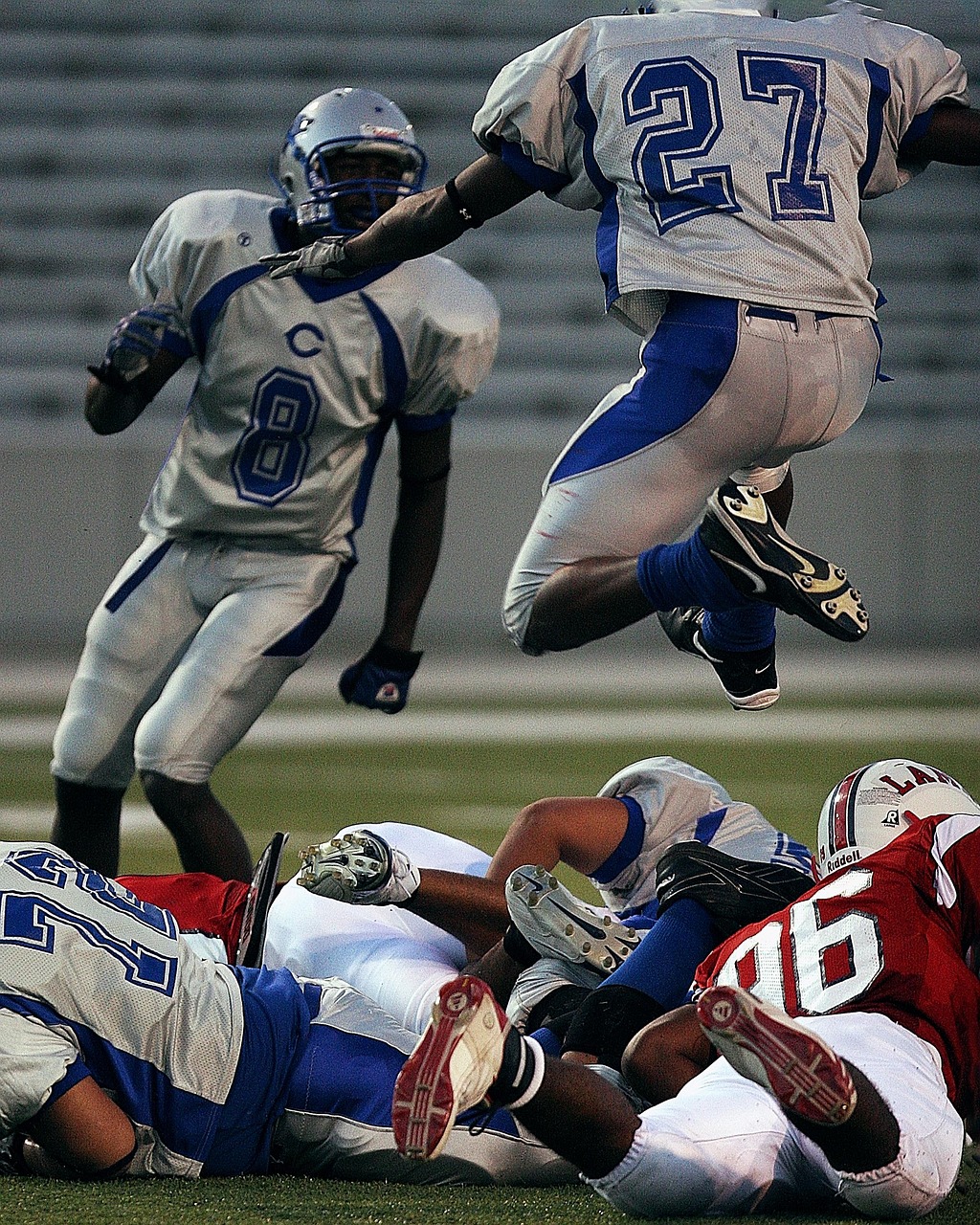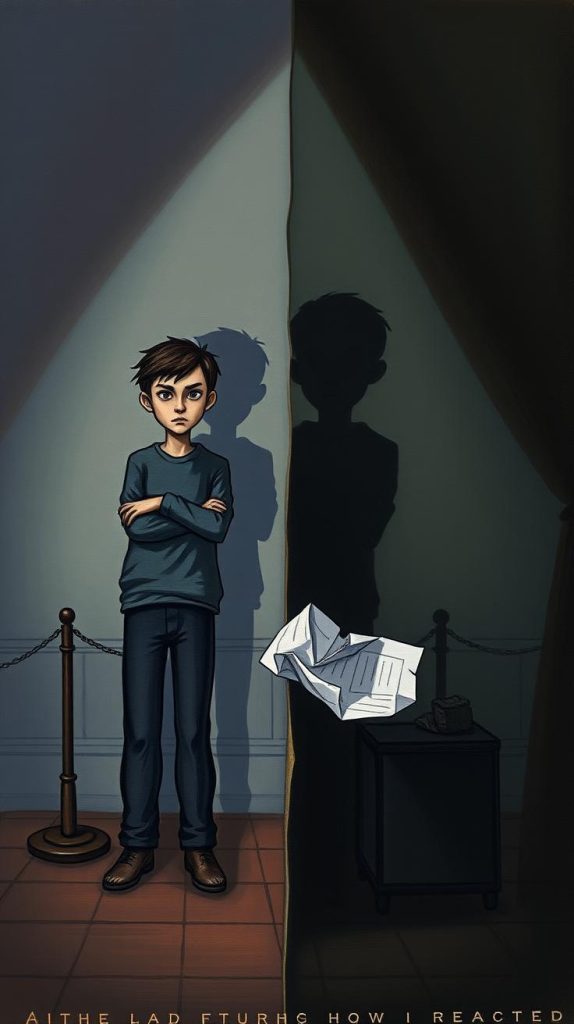AITA for how I reacted
 Image credit: Pixabay (This is example image – Not the actual photo)
Image credit: Pixabay (This is example image – Not the actual photo)
A Competitive Skater’s Midnight Message Dilemma
In the high-pressure world of competitive figure skating, a midnight message from a new assistant coach sends a young athlete spiraling into self-doubt, especially given her history with anorexia. As she grapples with her emotional response, she questions whether her reaction was justified or an overreaction. This story resonates with anyone who has faced criticism in a competitive environment, highlighting the delicate balance between ambition and mental health.
- Relatable Struggles: Many can empathize with the pressure to perform and the impact of harsh feedback.
- Thought-Provoking Themes: It raises questions about mental health awareness in sports and the importance of supportive coaching.
Family Drama and Conflict Resolution in Figure Skating
In the competitive world of figure skating, personal challenges can often intertwine with professional relationships. This story revolves around a young skater in Moscow who faced a difficult situation with a new assistant coach.
- Background: The skater has a history of anorexia, which has been a significant part of their life and training.
- Late Night Message: The assistant coach reached out via message around midnight, which was unexpected and intrusive.
- Emotional Reaction: The content of the message triggered an emotional response due to the skater’s past struggles with eating disorders.
- Feelings of Guilt: After the interaction, the skater felt bad about their reaction and struggled to sleep, indicating the emotional toll of the situation.
This scenario highlights the complexities of family drama and the impact of personal history on professional interactions. The skater is now seeking advice on how to move forward and resolve the conflict with the assistant coach.
Seeking Conflict Resolution
To address the situation, the skater might consider the following steps:
- Reflect on the Message: Take time to analyze the assistant coach’s message objectively. What was the intent behind it? Were there any constructive elements?
- Communicate Openly: If comfortable, the skater could reach out to the coach to express their feelings about the message. Clear communication can help clarify misunderstandings.
- Set Boundaries: Establishing boundaries regarding communication times can help prevent future emotional distress, especially during late hours.
- Seek Support: Engaging with a therapist or a trusted friend can provide emotional support and coping strategies for dealing with past trauma.
- Focus on Training: Redirecting energy towards training and personal goals can help alleviate stress and refocus on the passion for skating.
In conclusion, navigating family drama and professional relationships in sports can be challenging. By employing effective conflict resolution strategies, the skater can work towards a healthier dynamic with the assistant coach while prioritizing their well-being.
This is Original story from Reddit
 Image credit: Pixabay (This is example image – Not the actual photo)
Image credit: Pixabay (This is example image – Not the actual photo)
Story
Context: I am a competitive figure skater in Moscow. The new assistant coach messaged me around midnight. I have a history of anorexia, so I think I reacted too emotionally, as some things he said really hurt.
Now I feel bad and can’t really sleep. Also, if someone has tips on what to do moving forward, please tell me.
View the Original Reddit Post Here
Summary of Reddit Comments
The top Reddit comments indicate a strong disapproval of the assistant coach’s behavior, labeling it as unprofessional and unacceptable, especially considering the context of the user’s recovery from an eating disorder. Many users emphasize the importance of reporting this behavior to higher authorities and express support for the original poster’s decision to seek help from the head coach. Overall, the consensus is that the assistant’s actions were inappropriate and that the user handled the situation well.
Verdict: NTA
Expert Advice for Resolving the Conflict
Conflict in professional relationships, especially in high-pressure environments like figure skating, can be challenging to navigate. Here are some practical steps for both the skater and the assistant coach to consider in resolving this situation effectively.
For the Skater
- Reflect on the Situation: Take time to process the assistant coach’s message and your emotional response. Understanding your feelings can help you articulate them better when discussing the issue.
- Document the Interaction: Keep a record of the message and any subsequent interactions. This documentation can be useful if you decide to escalate the issue to higher authorities.
- Communicate Your Feelings: If you feel comfortable, reach out to the assistant coach to express how the late-night message affected you. Use “I” statements to convey your feelings without sounding accusatory, such as “I felt overwhelmed when I received your message late at night.”
- Set Clear Boundaries: Politely establish boundaries regarding communication times. For example, you might say, “I prefer to discuss training matters during the day, as late-night messages can be stressful for me.”
- Seek Support: Consider talking to a therapist or a trusted friend about your feelings. They can provide guidance and coping strategies to help you manage your emotions and past trauma.
For the Assistant Coach
- Reflect on Your Actions: Consider the impact of your late-night message on the skater. Recognizing the emotional weight of their past struggles is crucial in understanding their reaction.
- Apologize if Necessary: If you realize that your message was inappropriate, a sincere apology can go a long way. Acknowledge the skater’s feelings and express your intention to communicate more respectfully in the future.
- Establish Professional Boundaries: Commit to maintaining professional communication hours. This not only helps the skater but also fosters a healthier working environment.
- Encourage Open Dialogue: Create an atmosphere where the skater feels comfortable sharing their feelings. Encourage them to express any concerns about your coaching methods or communication style.
- Seek Feedback: Regularly check in with the skater about their comfort level with your coaching approach. This can help build trust and improve your professional relationship.
Conclusion
Conflict resolution requires empathy, understanding, and open communication from both parties. By taking these steps, the skater can advocate for their needs while the assistant coach can learn to foster a more supportive and professional environment. Prioritizing mental health and well-being is essential in any competitive field, and both individuals can grow from this experience.
Join the Discussion
 Image credit: Pixabay (This is example image – Not the actual photo)
Image credit: Pixabay (This is example image – Not the actual photo)
What do you think? Would you have handled this differently?
Share your thoughts below! Vote: Do you agree with Reddit’s verdict?








